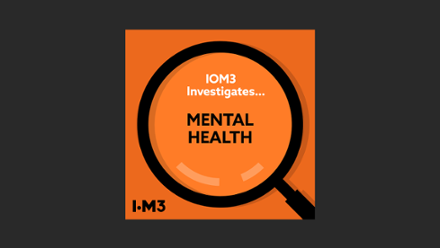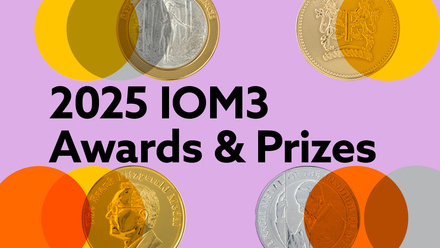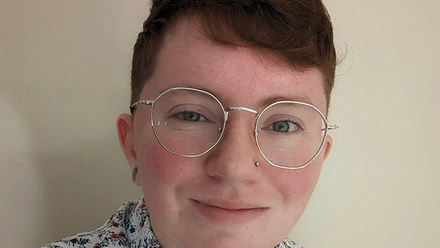Concerns remain about mental health impact of COVID-19 on researchers
A study funded by UK Research and Innovation (UKRI) reveals the continued impact of COVID-19 on researchers, the mental health challenges and concerns about their future careers.

The survey, carried out earlier this year by independent consultancy Vitae, follows a previous 2020 study to track trends over the period.
Respondents were mainly researchers in UK universities and research institutes and key findings include:
- At the time of the survey (February/March 2021), almost half had returned to pre-COVID working hours.
- 61% of researchers reported lockdown or shielding had negatively impacted their time for research.
- 58% reported that COVID-19 had made it impossible to do the research they planned
- More than half reported that COVID-19 restrictions impacted other work activities, including teaching and administrative activities, which reduced their time for research, reporting increased levels of writing, peer-review activities and teaching.
- They reported less in-person contact with research group members and that this has had the biggest impact on their ability to undertake planned research.
- 88% of respondents with child-caring responsibilities reported that associated responsibilities had a negative impact on time for research. This was gender balanced.
- 56% reported that less commuting and 43% that less work-related travel had positive impacts on their time for research
- 27% agreed COVID-19 had provided unexpected opportunities for their research.
- More than half reported poor levels of wellbeing and mental health, with 11% having experienced bullying and harassment.
- Nearly half report that funders have provided clear support, although this number declines among postgraduate researchers.
- 24% predicted a very negative impact of COVID-19 on their career prospects, this rises to 34% of postgraduate researchers and 28% of research staff
- 60% predicted a negative impact or a very negative impact on their career prospects. This rises to 65% for those with child-caring responsibilities and 62% for female researchers.
Commenting on the survey’s findings, UKRI Chief Executive, Professor Dame Ottoline Leyser, says, 'The pandemic has created unprecedented challenges for the research and innovation community with profound impacts on institutions and businesses, and on the people working in them. The community has responded superbly, but at great personal cost to many, who have been working under very difficult circumstances.
'One of the key action points highlighted in this survey is for UKRI to drive ahead with our work to improve research culture. We will continue to work collaboratively to promote and support an inclusive, respectful and safe working culture, including through our ongoing implementation of the recently launched People and Culture Strategy.'










